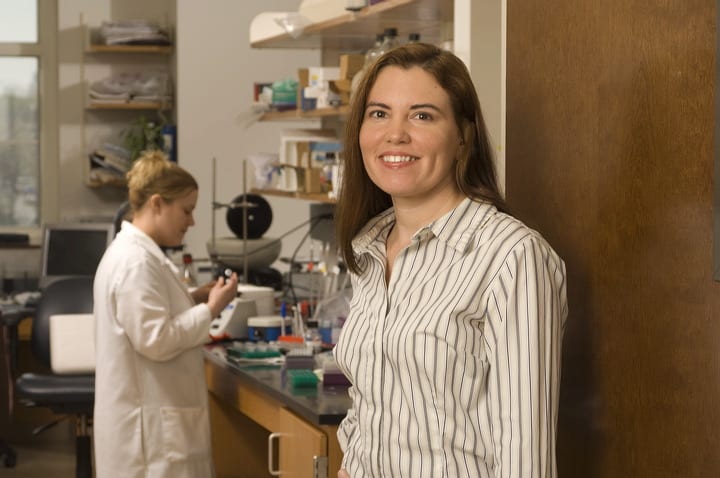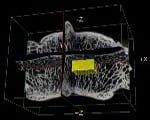Inside Higher Ed covered the research of SMU sociologist Anne Lincoln in an Aug. 16 article “Parenthood Gaps and Premiums.”
Lincoln presented the research in mid-August at the annual meeting of the American Sociological Association.
The research, which Lincoln conducted with Elaine Howard Ecklund of Rice University, examined physicists and biologists in academic careers and various aspects surrounding their marital and family status, including satisfaction with the number of children they have. The study was based on a survey of faculty members at the 20 top-ranked graduate programs in both physics and biology, according to the article.
The publication noted: “Why are some disciplines more successful than others at attracting female faculty members and having them rise through the ranks? After decades of discussion of gender equity in the professoriate, increasing attention is going to the phenomenon that disciplinary patterns differ — both in attracting a critical mass of women and in their satisfaction levels.”
The study was funded under a grant of the Research on Science and Engineering program of the National Science Foundation to understand the lack of gender diversity in academic science.
Also covering the research:
- UPI wire service: “Male scientists regret fewer children more”
- Science Daily: “Male Scientists Regret Parenthood Decisions More Than Female Counterparts, Sociologist Finds”
- St. Louis Globe-Democrat: Male scientists regret fewer children more
EXCERPT “Parenthood Gaps and Premiums“:
While men are in the majority for both fields, women make up 43 percent of biologists in the departments and only 20 percent of the physicists. The men and women in the study differed in key family characteristics. Men were more likely to be married (83 percent vs. 72 percent) while women were more likely to be divorced (22 percent vs. 16 percent). Men had only slightly more children than did women in the two fields, with men having an average of just over two children, and women just under two.
While the gap in numbers of children was small, attitudes about children and careers were notably different. Of the women in the survey, 45 percent said they had fewer children than they would have liked because of their scientific careers. Only 24 percent of men felt that way. While the numbers show that these regrets are much more prevalent among women, the authors of the paper wrote that they found the male regrets to be “striking.” In fact, the title they gave to their presentation was “Male Scientists Want to Be Fathers.”
Read “Parenthood Gaps and Premiums.”


